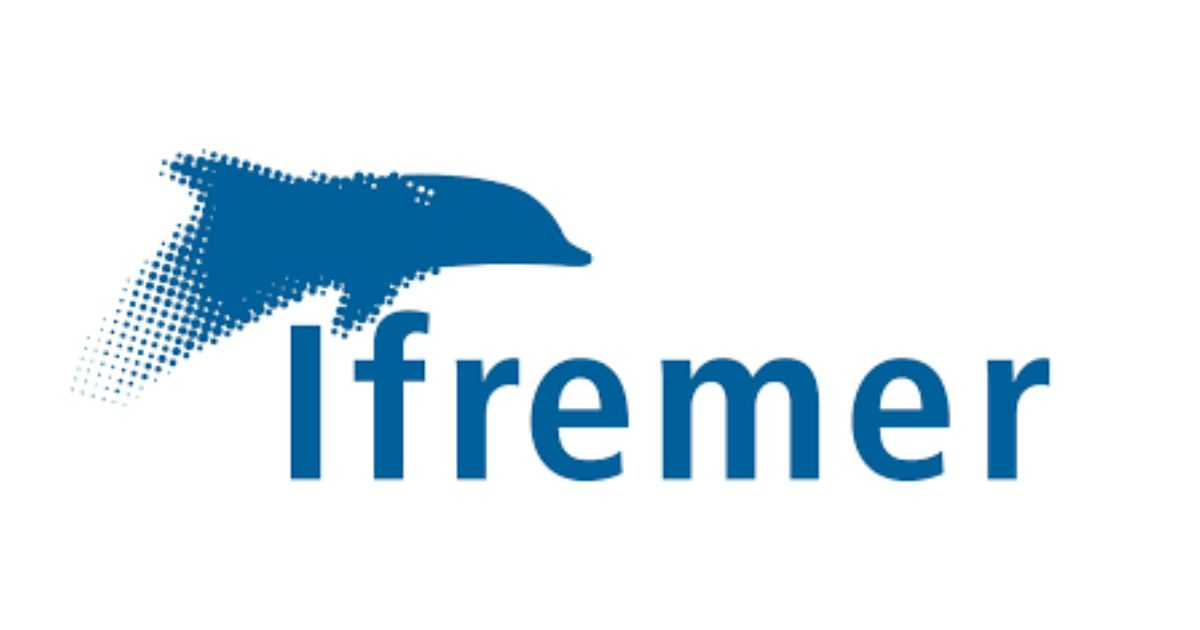The National Institute for Ocean Science (Ifremer) is an integrated marine sciences research institute, which contributes to national research and innovation, as well as to the European research landscape.
As such, IFREMER produces:
- Basic knowledge using a systemic approach that aims to better comprehend the processes that govern ecosystems and understand the changes that affect them
- Targeted research results to provide answers to society’s questions based on its capacity for observation, monitoring, and assessment
IFREMER dedicates its efforts to high-quality research founded on diverse disciplines and topics by drawing on its partnerships with universities and research institutes. It is also the driving force on the international and European levels behind joint programming initiatives, targeting research or infrastructures (fleets, observatories, databases).
The Marine Invertebrate Health Adaptation Unit (ASIM) conducts projects related to
- The study of diseases affecting marine mollusks
- The detection and study of disease outbreaks
- Host adaptation to these diseases (resistance development and associated determinism)
The ASIM unit serves as a strong integration point between research activities and surveillance/reference functions, thanks to its internationally recognized expertise. It is both a National Reference Laboratory (NRL) and a European Union Reference Laboratory (EURL) for marine mollusk diseases. The main objectives of the ASIM unit are to enhance knowledge and data on the genomes of marine invertebrates and their pathogenic microorganisms, to better understand the evolutionary and adaptive mechanisms of marine invertebrates and associated pathogenic microorganisms in their ecosystem, and to develop risk analysis approaches within a broader "One Health" framework.
General Areas of Responsibility
The postdoctoral position is funded by an ANR JCJC project named IDEAL. You will work on quantifying the contribution of genomic analyses to the understanding of marine pathogen spread and identification of drivers. You will be specialized in spatial and molecular epidemiology and aim at exploring relevant contrasting scenarios to compare and integrate together spatio-statistical and phylogeographic models to detect factor impacts on pathogen spatial distribution and spread.
Principal Activities
You will:
- Develop a simulation pipeline using an existing agent-based transmission chain simulator to simulate entire epidemics of farmed marine bivalves in space and time, and subsequently generate fictitious occurrence and molecular data compatible with real datasets.
- Compare both spatio-statistical and phylogeographic analytical to assess to what extent and under which specific conditions the different analytical methodologies allow identifying and quantifying the impact of factors on the distribution and dispersal of pathogenic organisms.
Three aspects will receive particular attention:
- Impacted epidemiological parameters.
- Monitoring and diagnosis conditions.
- Evolutionary rates of pathogens. The data simulated within the framework of the different scenarios identified will be used to evaluate and compare the methods available for testing the impact of factors on the spread of pathogens.
You will be responsible for leading the publication resulting from this research.
Required Knowledge, skills, and characteristics
Ph.D. in relevant field (spatial or molecular epidemiology, computational biology (obtained maximum 3 years ago)
Knowledge, skills, and abilities
- Knowledge of spatial and molecular epidemiology
- Proficiency in bio-statistical tools and programming languages (R, Python, Linux shell)
- Proficiency in concepts and tools for characterizing genomic diversity and spatiotemporal evolution of pathogenic organisms
- Understanding of various molecular genotyping and high-throughput sequencing approaches and their potential applications in population health research
- Familiarity with pathogenic organisms in invertebrates appreciated
- English language proficiency
- Project coordination skills
- Strong writing abilities
Deadline: 30/11/2023






